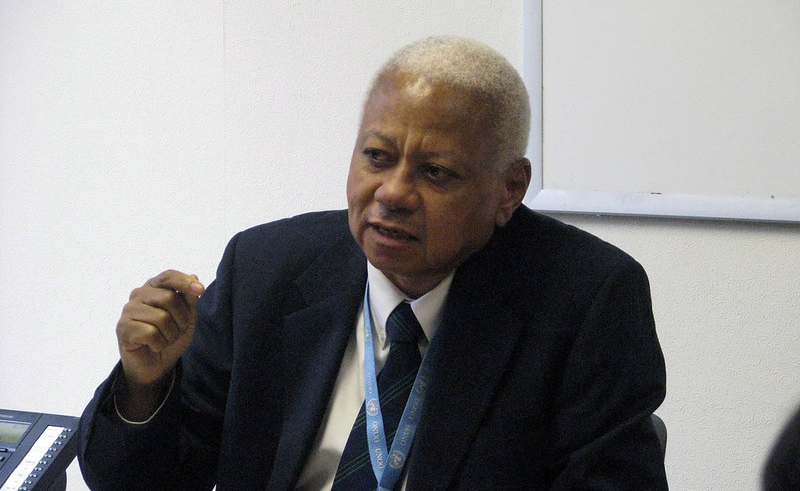
Fact-Finding Committee`` on War Violations
Khaled Massa
I dont believe that the Museum of Human History in Wars has witnessed a "model" war that adheres to the ethical, religious, and legal commitments agreed upon to govern the scene of war, which has become a necessity in the relationships between peoples and countries. Whenever this scene is presented anywhere, "violations" are an inseparable companion to bullets, meticulously inscribed in the texts of the international covenant on human rights as mere "introductions" summoned whenever international assemblies at the United Nations need condemnations, theoretical reviews, and human commitment speeches.
Certainly, the war in April 2023 in Sudan was no exception among the wars worldwide in a country where times of peace did not spare it from violations, let alone during a war that, this time, reached all cities in Sudan. In the first weeks of the war, the debate was not about "who fired the first bullet" but rather a full realization that this war would entail a list of violations that challenge human conscience. Each party in it took precautions to absolve itself of responsibility for these violations.
The international community waited for six months of the war in Sudan, thinking it was testing the commitment of its parties to protecting civilians from violations until the United States, the United Kingdom, Germany, and Norway withdrew on October 5th, requesting the UN Human Rights Council to send a "fact-finding" mission to Sudan to monitor the violations.
Despite the slow international response to the Sudan war, the mechanism outlined in the decision to form an international mission to investigate facts in Sudan indicates that the international communitys claim to advocate for human rights is a false claim. Out of 38 countries eligible to vote on the resolution, 19 approved it, while 16 voted against, believing that what happened in half a year of war in Sudan was not enough to trigger the mechanisms of the international community. Three countries saw it unworthy even of a vote, abstaining. A simple analysis of this vote shows to what extent the international community is divided in its positions and divided in the values it raises slogans about.
Although the fact-finding mission, by its nature, does not have judicial authority and its tasks are limited to proving facts related to events and allegations of violations of international human rights law, evaluating these facts in light of the applicable laws, and then drawing conclusions about the violations and their perpetrators, followed by writing recommendations to relevant parties. The Sudanese Foreign Ministry had already rejected the decision, claiming that it equates between the army and the Rapid Support Forces regarding allegations of violations.
While the Rapid Support Forces found no excuse but the "escaped elements" to deny all the violations against civilians in their controlled areas and the areas they entered, the latest being in Wad Madani, the capital of Al Jazirah State.
The Red Cross convoy evacuating civilians in the Shajara area was fired upon, resulting in casualties and injuries. Médecins Sans Frontières (Doctors Without Borders) declared a halt to its operations in Al Jazirah State and evacuated its teams due to attacks. This clearly indicates that many waters have flowed under the bridge of the international community, and the inability of the judiciary in Tanzanias Supreme Court, Mohammed Shandy Othman, and his colleagues in the fact-finding committee to empower the committee to carry out its tasks so far.
The Sudanese experience and memory with this type of committees and missions are not good. The reality says that the record of violations is crowded with everything described as war crimes under international law. However, escaping punishment is what encouraged others to record new facts against Sudanese civilians. Unless the bullets stop and the bloodshed continues, the records of violations will accumulate, and the war will be the perfect cover for its perpetrators.
The responsibility for "documenting" these crimes and violations with neutrality, independence, and professionalism is the responsibility of Sudanese civil society organizations and all those interested in human rights, matching the significant efforts they are currently making under bombardment and a hail of bullets in camps for displaced persons with limited and self-sufficient resources, facing even violations against their working members trying to alleviate the impact of these crimes and violations.

